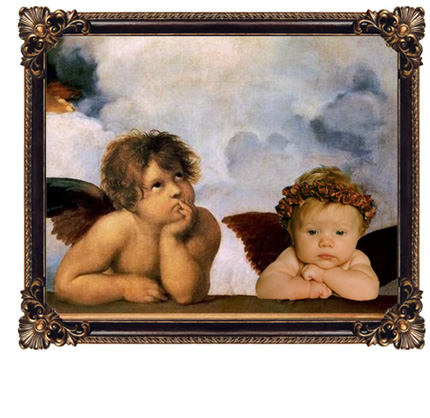|
 |
 
The term is, first, a general one, signifying the transformational powers of music. More specifically, the term refers to the positive influence of music on the mind. The desire to achieve the Mozart effect has led to the use of music to reduce stress, depression, and anxiety; induce relaxation or sleep, activate the body, and improve memory and awareness.
The term was coined in the 1950s by Alfred A. Tomaris, who conducted research on auditory stimulation for children with speech or communication problems. Tomatis's research indicated an acceleration in brain development in children younger than 3 years old who listend to music by Wolfgang Amadeus Mozart. In the 1980s, researchers around the world began studying the effects of Mozart compositions containing high frequencies, especially the violin concertos and symphonies, in children with dyslexia, speech disorders, and autism.
No concrete data support the hypothesis that music by Mozart -- or by any other composer -- can increase a child's IQ. However, many reports indicate Mozart's baroque style of music may improve spatiotemporal reasoning and assist in the ability to focus, thus giving the impression of a higher IQ. And there is evidence that the therapeutic use of music and sound can ameliorate mental and physical disorders (such as listening disorders, dyslexia, attention deficit disorder, and autism) and injuries (including bone and muscle injuries and brain injuries). Such therapy seems to help "normalize" relearning, coordination, movement and so on.
Source: Contemporary Pediatrics, Vol 22, No 2.
|  |
|











